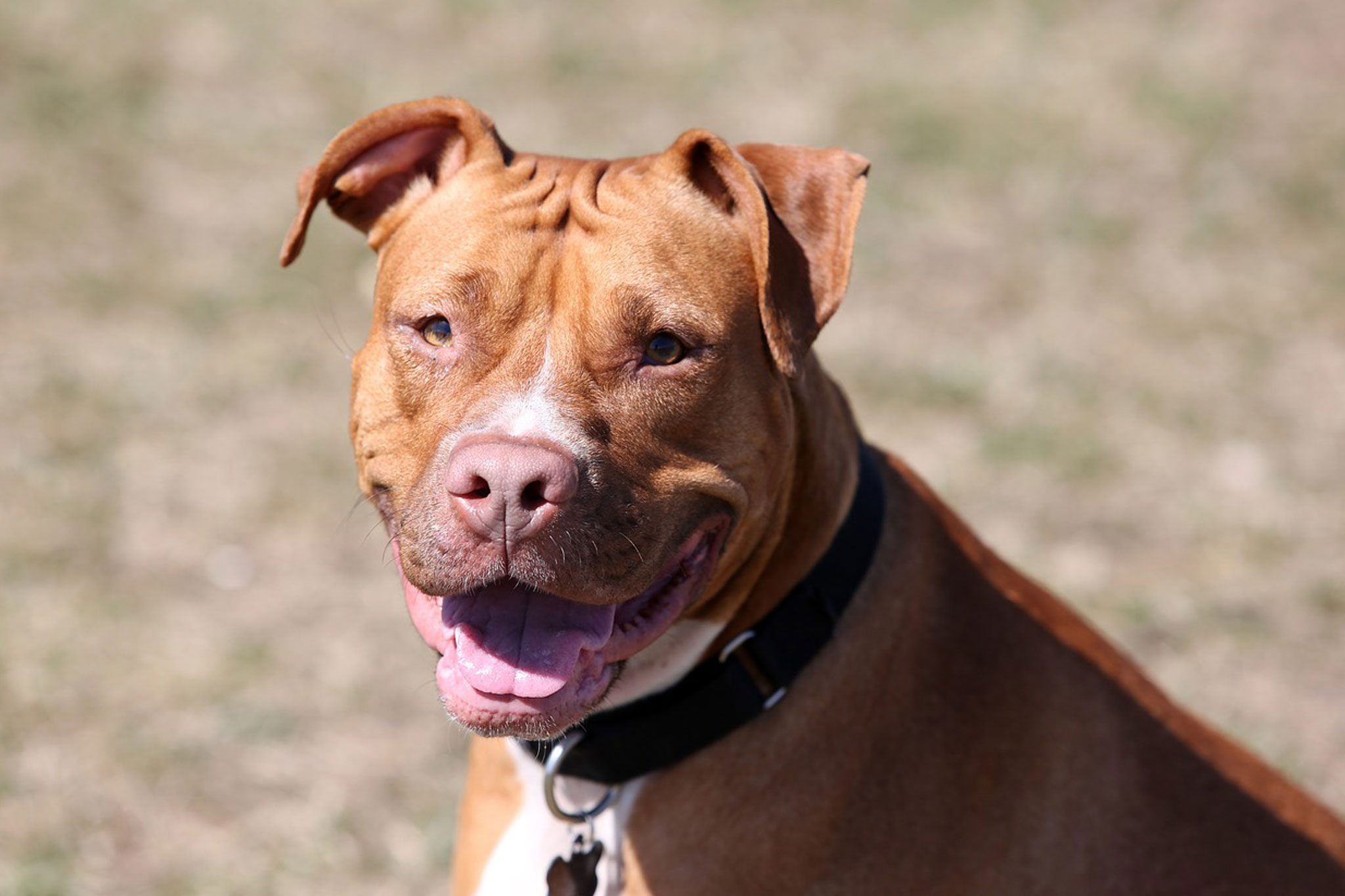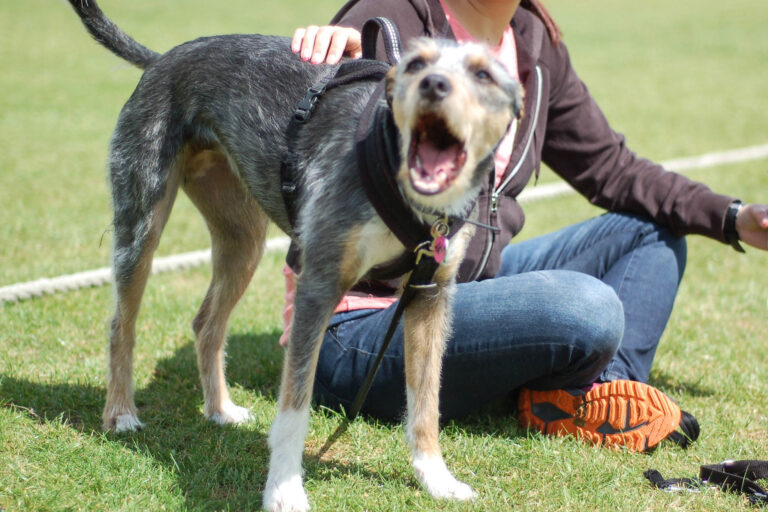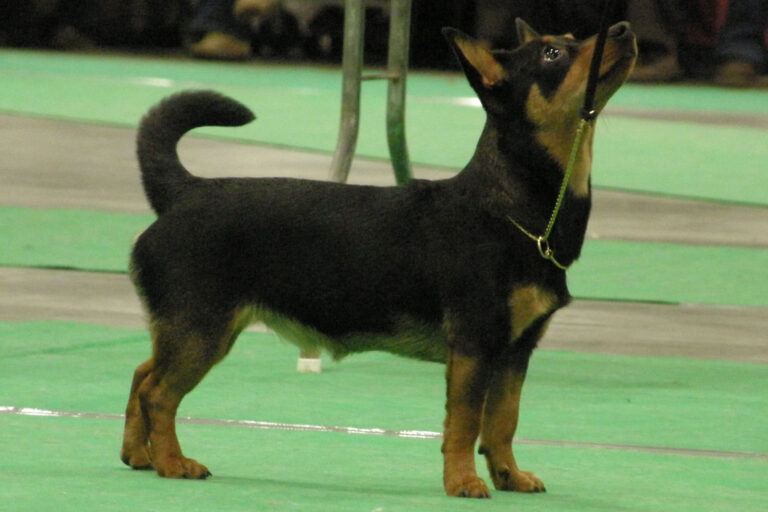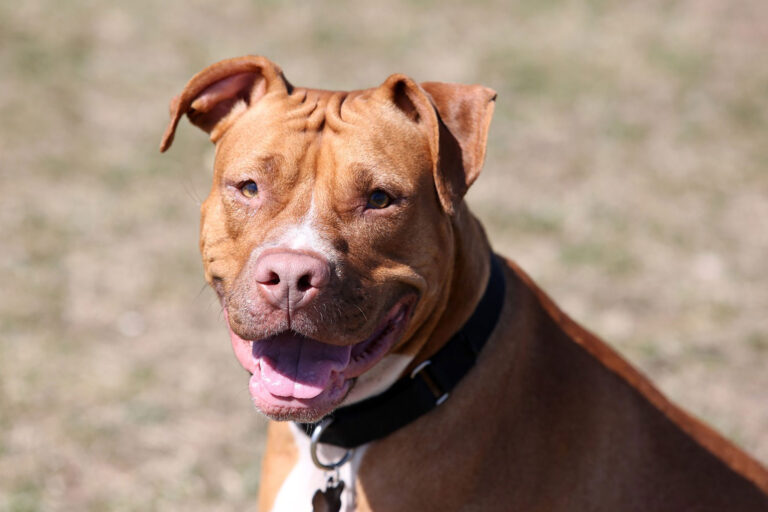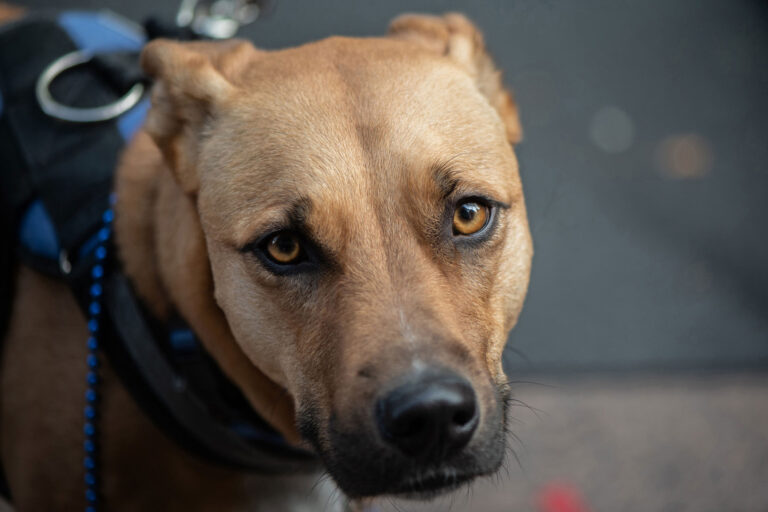Pit Bulls often face an unfair reputation, but these strong and loyal companions can indeed live harmoniously with other dogs. The key lies in understanding their unique needs and personalities, along with proper training and socialization. This article delves into the factors influencing Pit Bulls’ ability to coexist with other canines and provides actionable strategies for creating a peaceful multi-dog household.
Understanding Pit Bull Temperament
Pit Bulls, which include breeds like the American Pit Bull Terrier, American Staffordshire Terrier, and Staffordshire Bull Terrier, are known for their loyalty, intelligence, and strength. Despite their muscular build and sometimes intimidating appearance, many Pit Bulls are affectionate and gentle. However, their high energy and strong-willed nature require careful management in a multi-dog environment.
Factors Influencing Successful Cohabitation
Early Socialization
Early socialization is crucial for any dog, especially for Pit Bulls. Exposing them to various environments, people, and other dogs from a young age helps them develop positive behaviors and reduces the likelihood of aggression. Puppy classes and supervised playdates can be beneficial in shaping a well-adjusted adult dog.
Training and Obedience
Consistent training is essential for Pit Bulls to coexist with other dogs. Teaching basic commands like “sit,” “stay,” and “leave it” helps manage interactions and prevent conflicts. Positive reinforcement techniques are particularly effective in building trust and respect between you and your dog.
Assessing Individual Temperaments
Each Pit Bull has a unique personality. Some may be naturally sociable and tolerant, while others might be more dominant or territorial. Assessing your Pit Bull’s temperament allows you to tailor the introduction process and monitor their behavior closely during interactions with other dogs.
Strategies for Introducing Pit Bulls to Other Dogs
Neutral Territory
Introduce your Pit Bull to other dogs in a neutral space where neither dog feels territorial, such as a park or a friend’s yard. This helps prevent initial conflicts over territory.
Leashed Introductions
During the first meeting, keep both dogs on leashes. Allow them to sniff each other briefly before walking them apart. Gradually decrease the distance over several encounters to build familiarity.
Positive Reinforcement
Reward both dogs with treats and praise for calm behavior during introductions. This positive association helps reduce anxiety and encourages friendly interactions.
Supervised Play
Once the dogs show relaxed behavior, allow them to interact off-leash in a controlled environment. Supervise their play closely and intervene if play becomes too rough or aggressive.
Managing a Multi-Dog Household
Even after successful introductions, managing a household with multiple dogs requires ongoing effort. Here are some tips to maintain harmony:
- Clear Boundaries: Establish separate spaces for each dog, including feeding areas and sleeping spots, to prevent resource guarding.
- Regular Exercise: Provide ample physical and mental stimulation to reduce stress and prevent boredom-related behavior problems.
- Consistent Training: Reinforce commands and ensure all dogs follow the same rules to maintain order and respect within the pack.
Addressing Common Challenges
Resource Guarding
Pit Bulls can exhibit resource guarding behaviors, becoming protective over food, toys, or even people. To manage this, avoid leaving high-value items out unsupervised and use training to address guarding tendencies.
Play Styles
Pit Bulls often engage in rough play, which can be misunderstood by other dogs. Supervise play sessions to ensure they remain friendly and balanced. Teach your Pit Bull to recognize when another dog needs a break.
Professional Help
If you encounter persistent issues, consult a professional dog trainer or behaviorist. They can provide personalized strategies to improve interactions and resolve conflicts.
Real-Life Success Stories
Take the story of Max, a Pit Bull who lives happily with his canine siblings, a Beagle and a Labrador. Through careful introductions, consistent training, and understanding each dog’s needs, Max’s family has created a harmonious multi-dog household.
Pit Bulls can live harmoniously with other dogs when given the proper training, socialization, and management. By understanding their unique temperaments and following structured introduction processes, you can foster a peaceful and loving environment for all your pets. Patience and consistency are key to building a successful multi-dog home, ensuring that each dog thrives and coexists happily.

Dr. Carolyn Stafford’s route to veterinary medicine demonstrates her steadfast commitment and enthusiasm for furthering the science of anatomic pathology.
Subscribe my Newsletter for new blog posts. Stay updated from your inbox!

